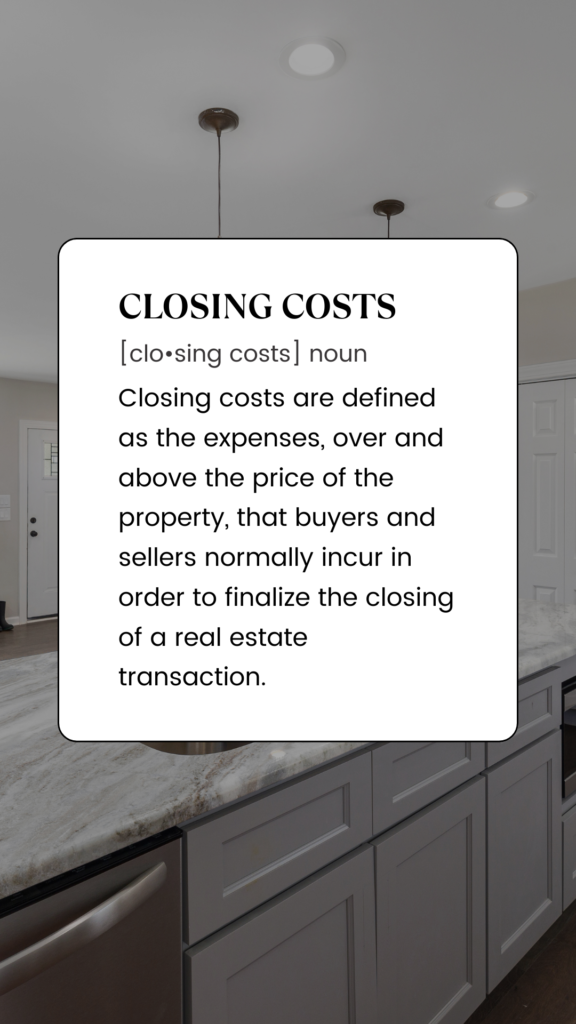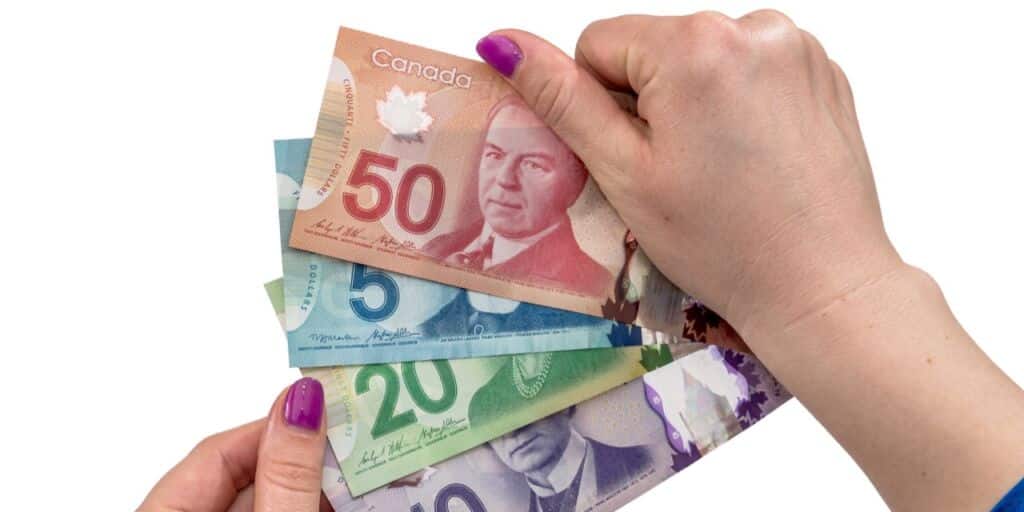Understanding closing costs is crucial for a smooth transaction when purchasing a home in North Vancouver or anywhere in BC. (This blog will focus on the British Columbia market) Closing costs are the various fees, taxes, and other expenses that buyers and sellers incur during the transfer of property ownership. This guide will demystify closing costs, ensuring you’re well-prepared for your home-buying journey.
What Are Closing Costs?
Closing costs are expenses in addition to your down payment. The majority of lenders use an estimate of 1.5% of the purchase price for closing costs. For example, if you purchased a home for $750,000 you would need to show $11,250 (1.5% of $750,000) of funds availabe in addition to any down payment.
7 Common Closing Costs for Homebuyers
1. Legal Fees and Disbursements
Hiring a lawyer or notary is essential for reviewing your purchase agreement, conducting a title search, registering the new title, and preparing the mortgage. Legal fees can vary, but budgeting between $1,000 and $2,500 should cover these services.
2. Property Transfer Tax
In British Columbia, the property transfer tax is a significant closing cost. The tax rate is:
- 1% on the first $200,000 of the property’s value,
- 2% on the portion between $200,000 and $2,000,000,
- 3% on the portion between $2,000,000 and $3,000,000,
- and 2% on the portion above $3,000,000.
First-time homebuyers may qualify for a reduction or exemption under certain conditions.
3. GST on New Homes
For new or substantially renovated homes, buyers may be subject to 5% GST. However, a partial rebate may be available for homes priced up to $1,150,000
- Full exemption: Effective April 1, 2024, the fair market value threshold for a full exemption for newly built homes is increased from $750,000 to $1,100,000.
- Partial exemption: A partial exemption is also available for properties with fair market values just above the threshold. The phase out range is $50,000 above the threshold, with the complete elimination of the exemption at $1,150,000 for qualifying purchasers.

4. Home Inspection Fee
Though not mandatory, a home inspection is highly recommended to identify any issues with the property. This fee can range from $300 to $600 but offers peace of mind and protection. A good home inspection will address any issues with the property before you make your purchase.
5. Appraisal Fee
Lenders often require a property appraisal to confirm its market value. This cost typically ranges from $300 to $600. The costs vary depending on the size/type of property, (detached vs. condo) and location. Your Mortgage Broker will order the appraisal but the costs are the buyer’s responsiblity.
6. Mortgage Default Insurance
If your down payment is less than 20% of the purchase price, you’ll need mortgage default insurance. The premium is calculated as a percentage of the mortgage amount and can be added to your mortgage or paid upfront.
The following table provides you with a general idea of the premiums charged by CMHC. The exact premium will be calculated when you apply for a mortgage and provincial sales tax may apply. As a borrower, you are only responsbile for premiums between 80% – 95%.
| Loan–to-Value | Premium on Total Loan** |
| Standard Purchase Premium | |
| Up to and including 65% | 0.60% |
| Up to and including 75% | 1.70% |
| Up to and including 80% | 2.40% |
| Up to and including 85% | 2.80% |
| Up to and including 90% | 3.10% |
| Up to and including 95% Traditional Down Payment | 4.00% |
7. Adjustments
Adjustments cover prepaid costs by the seller, like property taxes or utility bills, for which you reimburse them as part of your closing costs. These will vary depending on the property and the time of year. If you purchase a property in October and the property taxes have been paid by the previous owner for the year there will be an adjustment made. Your Lawyer or Notary will do this calculation for you and be reflected in your statement of adjustments.
Tips for Managing Closing Costs
- Budget Early: Early in your home search, start setting aside funds for closing costs to avoid surprises.
- Review Your Agreement: Understand which closing costs you’re responsible for and which are the seller’s obligation.
- Shop Around: For services like home inspections and legal advice, don’t hesitate to shop around for the best rates.
- Ask Questions: If you’re unsure about a fee or charge, ask your real estate agent, lawyer, or mortgage broker for clarification.
Conclusion
Closing costs are an unavoidable part of buying a home in North Vancouver, but with proper planning and understanding, they don’t have to be a source of stress. By familiarizing yourself with the typical expenses and budgeting accordingly, you can ensure a smoother closing process.
For personalized advice and assistance with navigating the complexities of your mortgage and closing costs, visit Brent Shepheard – Mortgage Broker, North Vancouver. Our expertise and dedication to our clients make us your ideal partner in achieving your homeownership dreams.


